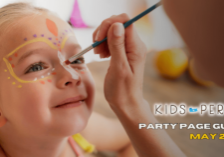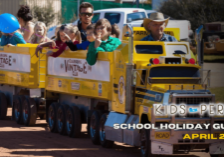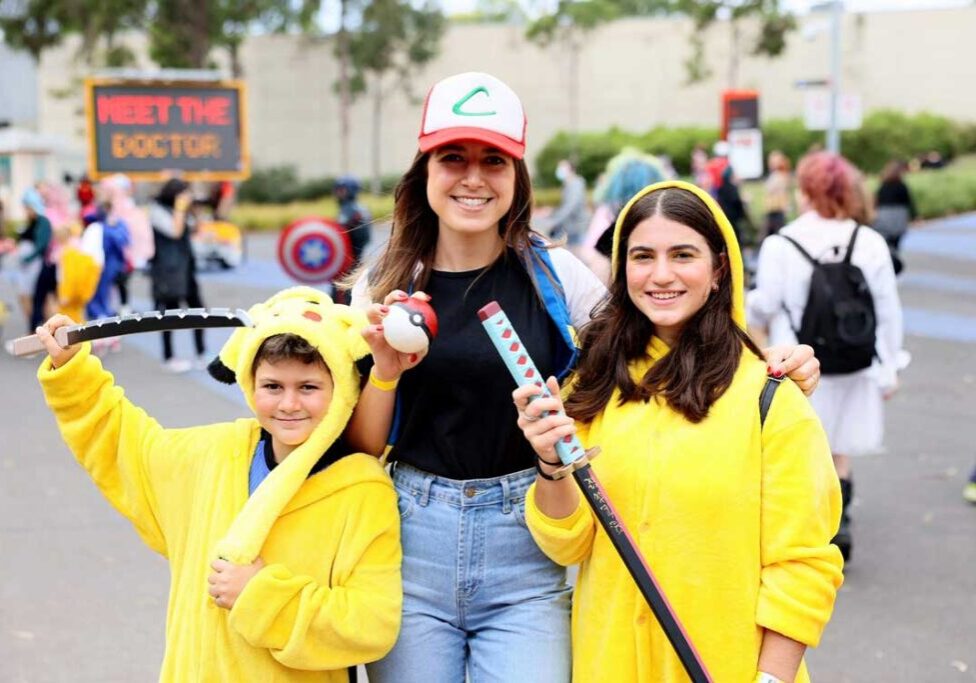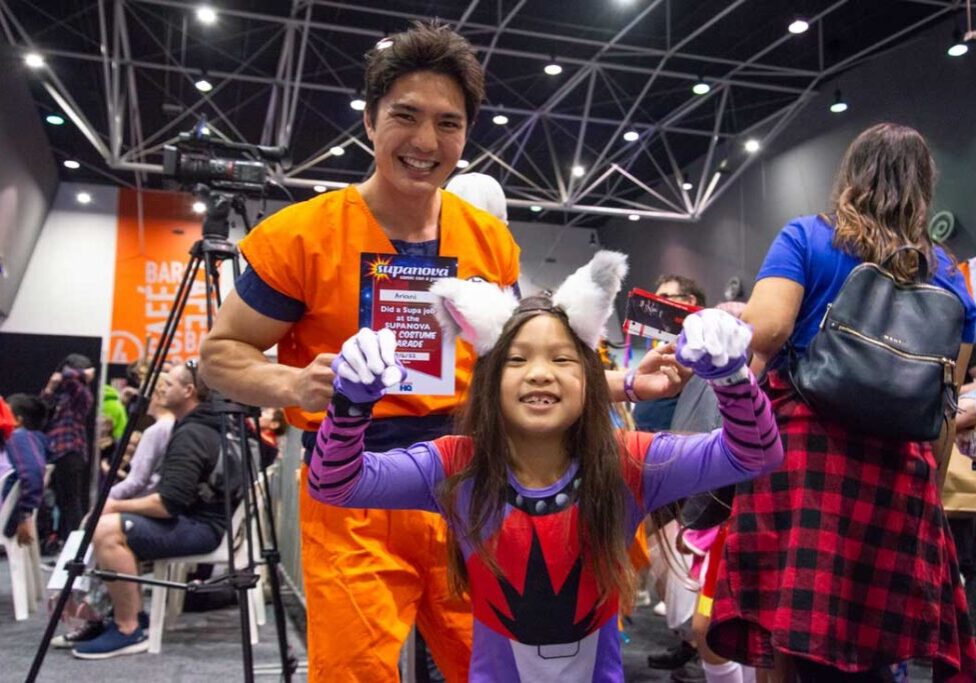Teaching kids (and the rellies) about consent
By Cassie Hart, Editor - Kids in Perth 09 Jun 2021
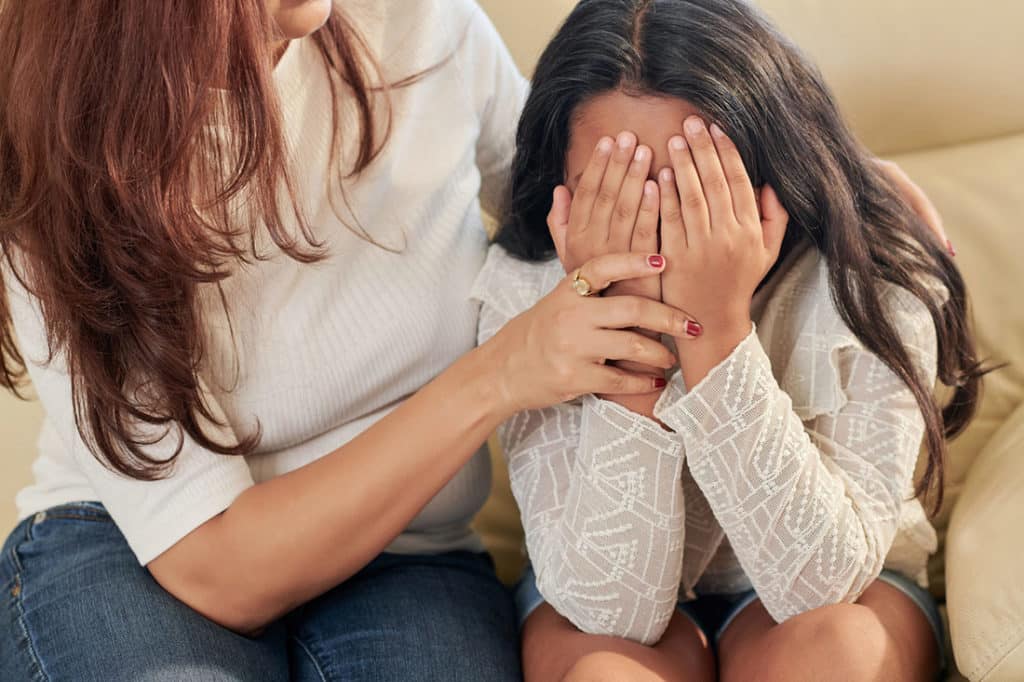
Picture this: You’ve arrived at a family gathering with your children and Aunty Beryl immediately comes in for a big hug and a kiss. You happily embrace her in return, but your kids pull away and hide behind your legs. You don’t want your Aunty to feel offended, so you pressure your children to give her a cuddle which the kids do begrudgingly with uncomfortable expressions on their faces.
While some of you reading this would be thinking “no way, I’d never force my kids to hug someone if they don’t want to”, others would be thinking “yep, that sounds familiar!” It’s a common scenario and of course relatives want to express their love towards the children with a hug and kiss. But experts say forcing our kids to hug relatives when they don’t want to isn’t teaching the right lesson about personal boundaries.
“It’s so important not to disregard your child’s feelings. They are allowed to feel any feeling of their choice,”
Candise Adams from Safe Counselling Australia.
“That is their own personal perception of the situation. We need to remember that we see a situation with an adult brain and a world of knowledge. They see the world with feelings of safe or unsafe.”
While it is probable that the kids’ reaction in the situation outlined above was a result of shyness, it’s important we listen to them and respect their right to say ‘no’. But what if Aunty Beryl thinks that it’s rude?
“It really is difficult. There are cultural differences and older generations believe hugs and kisses during a greeting is a sign of respect. [Try] explaining that you are helping your child listen to their own body and that respect doesn’t just come from hugs and kisses. But saying hello or waving or shaking their hand allows both people to feel safe,” suggests Adams.
By laying this groundwork, you are showing your child that their feelings are important and that you, as a parent, hear them. You are also teaching them a lesson in personal boundaries and consent.
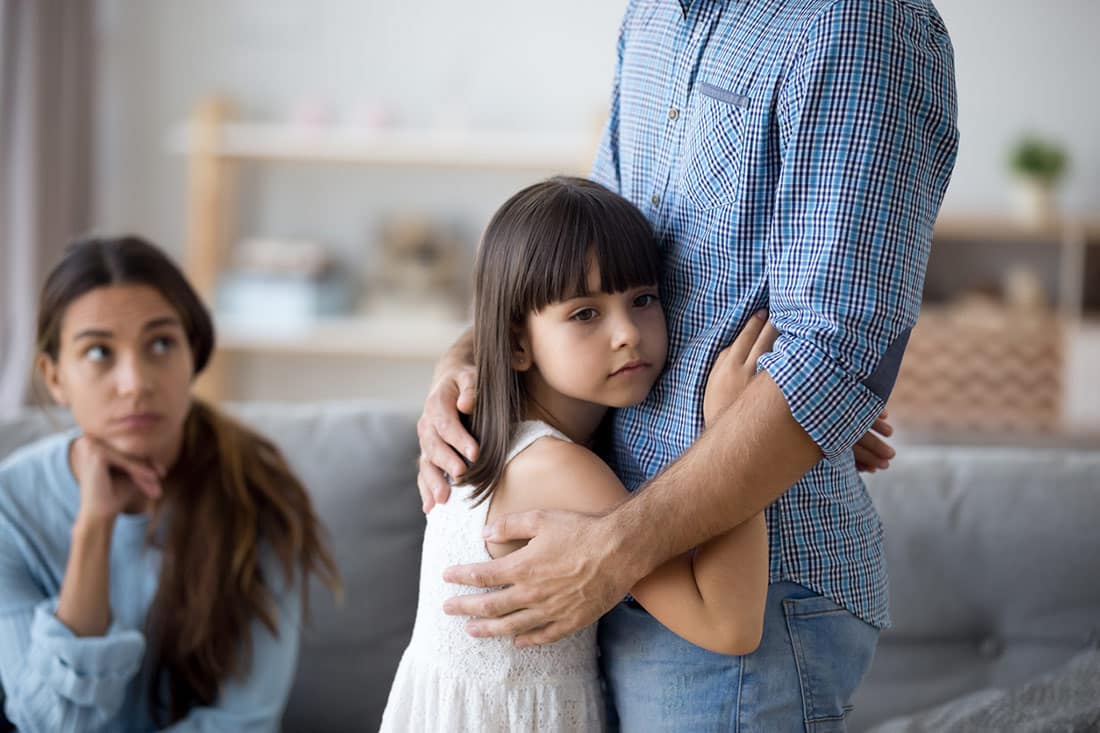
The topic of consent has come up a lot this year, as has discussion of when to educate children about it. The Victorian Government recently announced that age-appropriate consent education would be mandatory in their public schools from Foundation to year 12, and there was a call to make it part of the national curriculum.
Adams explains the concept of teaching consent to children: “Saying ‘Yes’ is consent. When I educate students in Primary Schools as young as Kindy I ask them ‘does saying maybe mean yes? Does saying nothing mean yes? Does saying no mean yes? Consent is only when you say yes.’”
Adams works with children, parents, families and organisations in Protective Behaviour and Cyber Security training. The increased statistics of child sexual abuse is why she believes educating children about consent is crucial.
“Ultimately we want to educate children that they have the right to say ‘No’. They are allowed to say ‘No’. You can still encourage a hand shake, a wave, a high five. But if they don’t want to - that’s ok. Again, it’s their body and they are the boss of it.”





